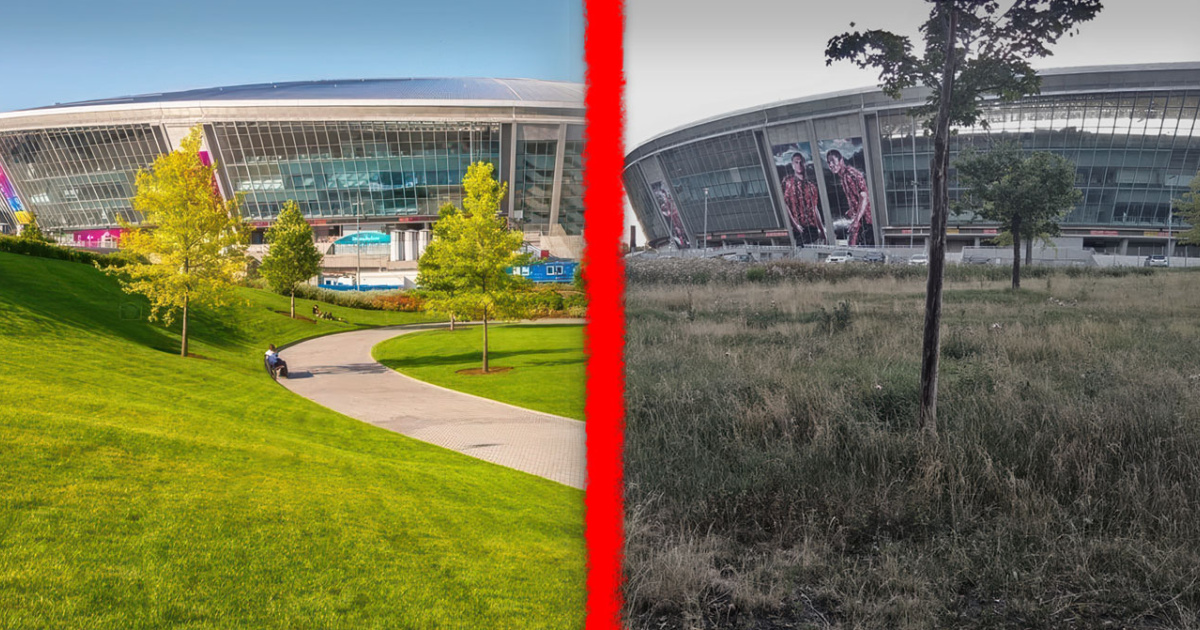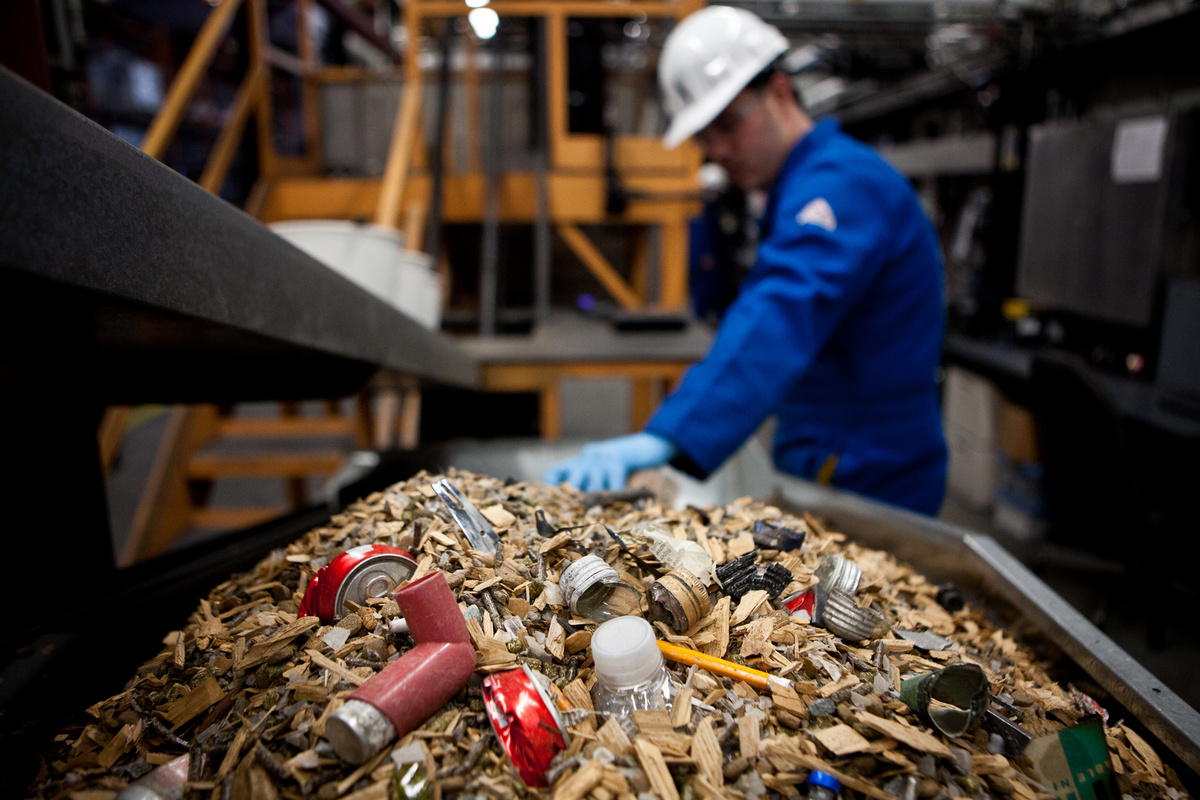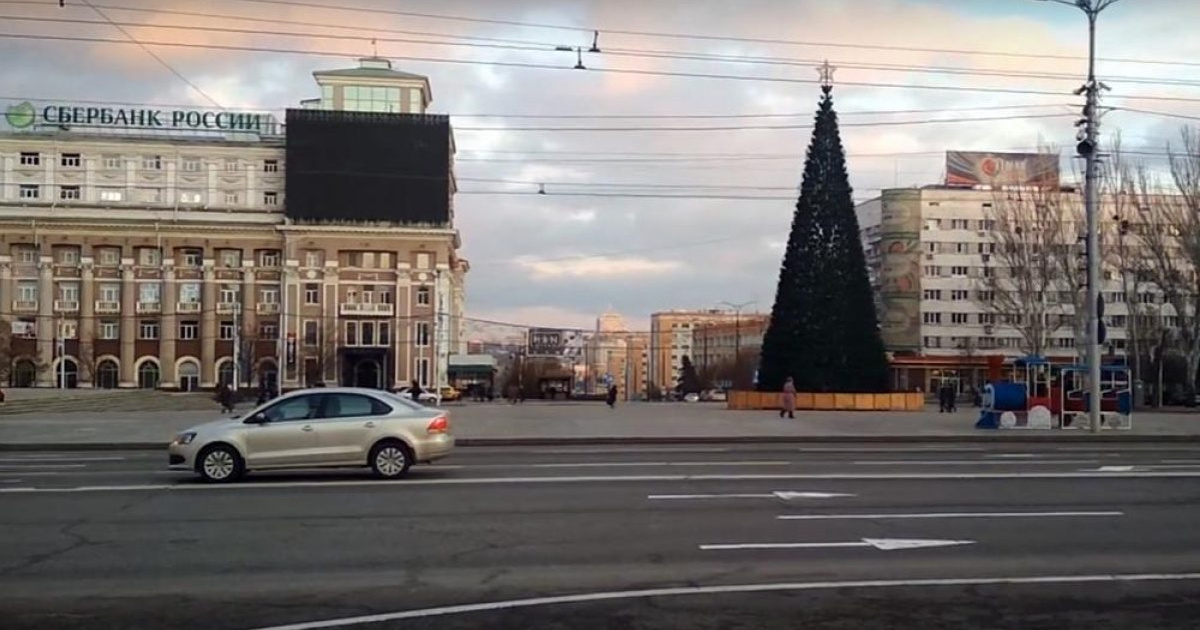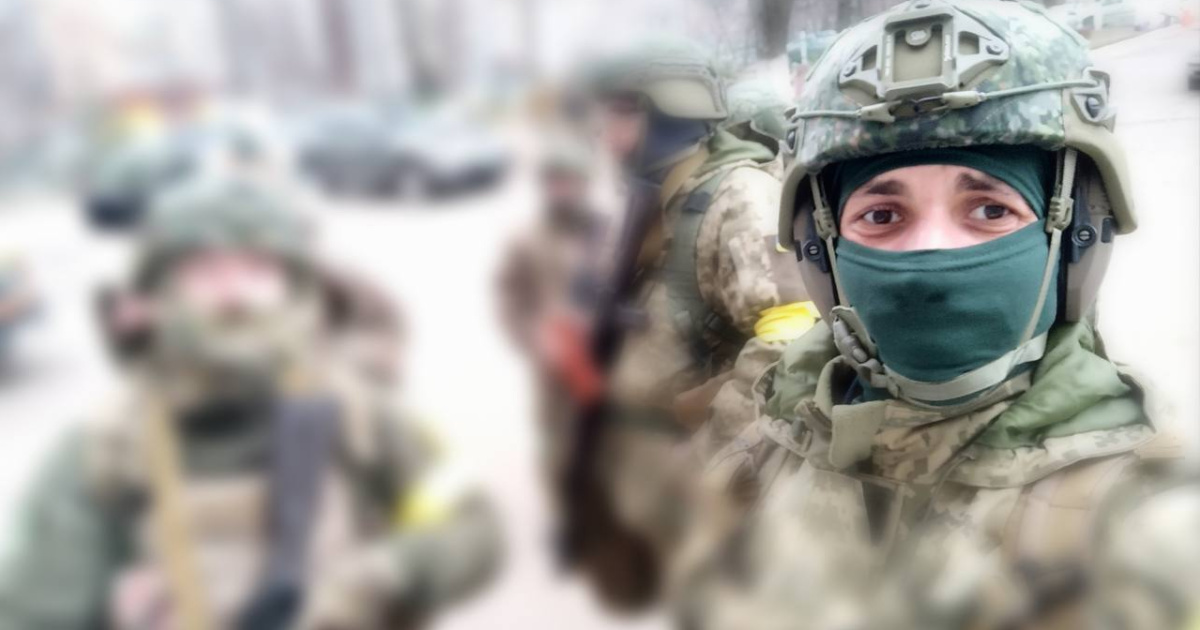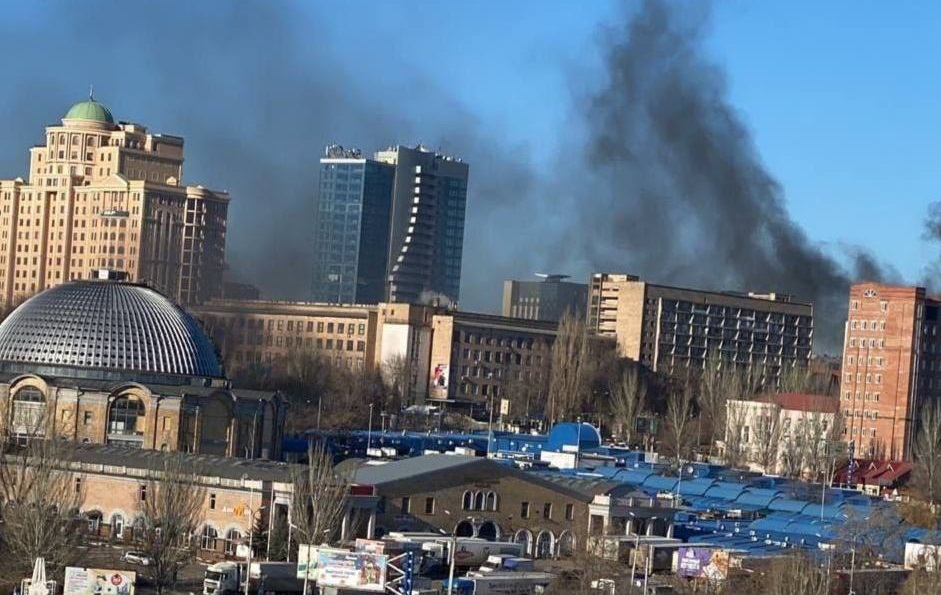
Despite numerous challenges, Donetsk locals continue efforts to reach the city they once called home. Some held out hope for the area’s de-occupation and awaited the chance to come back to Donetsk. Others visited occasionally to check on the family members, pay utility bills, and see how life under occupation was unfolding.
Each year, such trips have become increasingly difficult. Travel times grew longer, and transit costs rose exponentially. Before March 2020, the journey could take up to 18 hours; however, after the closure of checkpoints, the only remaining route to Donetsk went through the Belgorod oblast, stretching travel times to as much as 30 hours.
Even this route became inaccessible with the onset of the full-scale aggression. Now, those attempting to reach Donetsk must travel through the EU, Belarus, and russia. The cost has soared as well—what used to be a €25 journey now costs between €350 to €450, with travel taking up to four days.
Compounding these challenges is the so-called “filtering” process imposed by russian security services on Ukrainian citizens. Possession of a Ukrainian passport essentially labels individuals as foreigners—and potentially as saboteurs.
Those who pass the filtering continue their journey to Donetsk to resolve real estate issues. Not everyone, however, succeeds in doing so immediately; many apartments have been seized by the “authorities”.
Naturally, property owners are unwilling to relinquish their assets and attempt to reclaim them through the courts. But it’s impossible to file a legal claim with a Ukrainian passport, making russian citizenship a necessity.
Everyone traveling to Donetsk knows that without a russian passport, access to any “state” institution is denied. As a result, the first stop for many is the passport office to apply for russian citizenship. “I’ll sell the apartment and tear up this passport as soon as I cross the border”, say many who are forced to obtain the aggressor country’s passport.
Emotions among those returning to Donetsk after a long absence vary. Some nostalgically wander through familiar places, while others avoid going out unnecessarily, finding it painful to see what remains of what was once the flourishing capital of Donbas. Everywhere there’s dirt and garbage, along with people who appear angry and unkempt.
The waste removal issue in Donetsk emerged practically from the start of the occupation. Suddenly, it seemed that a once profitable business had lost all appeal. Personally, I can’t find a reason for this shift—there’s just the undeniable reality in front of me: the "city of a million roses" has become a city of garbage.
However, the anger and unkempt appearance of people here do have explanations. People are angry because they’ve been forced to live without clear prospects and under the relentless lies of those in power. The lack of cleanliness is due to water shortages and a shortage of personnel—especially hairdressers and manicure and pedicure specialists.
Once, Donetsk was known for having some of the most beautiful women in Ukraine. Their appeal wasn’t only natural beauty but also a sense of style. They knew the difference between daytime and evening makeup, which perfume suited summer, and which was perfect for winter.
Now, all people seem to know is where to get lip fillers and lash extensions, paying little attention to dirty hair or unkempt hands.
Many are saddened to note that Donetsk has serious problems with customer service. People encounter rudeness at every turn—in supermarkets, in hospitals. It’s like the Soviet days, where rudeness in stores was just a part of life. Sellers didn’t bother with etiquette, and buyers quietly put up with it to buy that limited sausage.
It feels like those old times are back. As they say, you got exactly what you fought for.
Despite the fierce russia’s loyalty checks by FSB officers at Sheremetyevo airport, many people are still managing to get through. The growing population in the city is proof enough—supermarkets are almost constantly crowded, with checkout lines stretching throughout the day. There are often traffic jams, though anyone coming to Donetsk on a Ukrainian passport must enter through Sheremetyevo, meaning they can’t drive there directly.
Interestingly, not everyone who left the city during the war period did so in their cars. Some vehicles have been sitting idle in garages all this time, only now returning to the road with new license plates.
It’s no surprise where the longest lines are: at the MFC (Multifunctional Center), where property registration now follows russian law. In many cases, people can register for free, but they need to arrive early to secure a ticket. Just like in the "good old" Soviet days, people start gathering outside the building at dawn, waiting for the office to open.
In these lines, people try to keep conversation to a minimum, especially those who have come to Donetsk solely to part with property that, for over a decade, kept pulling them back, giving them hope of returning home.
This raises the question of whether Donetsk residents who left will ever return after de-occupation. For many, there may simply be nothing left to come back to.
By Liusia Molchanova, Donetsk, for OstroV
